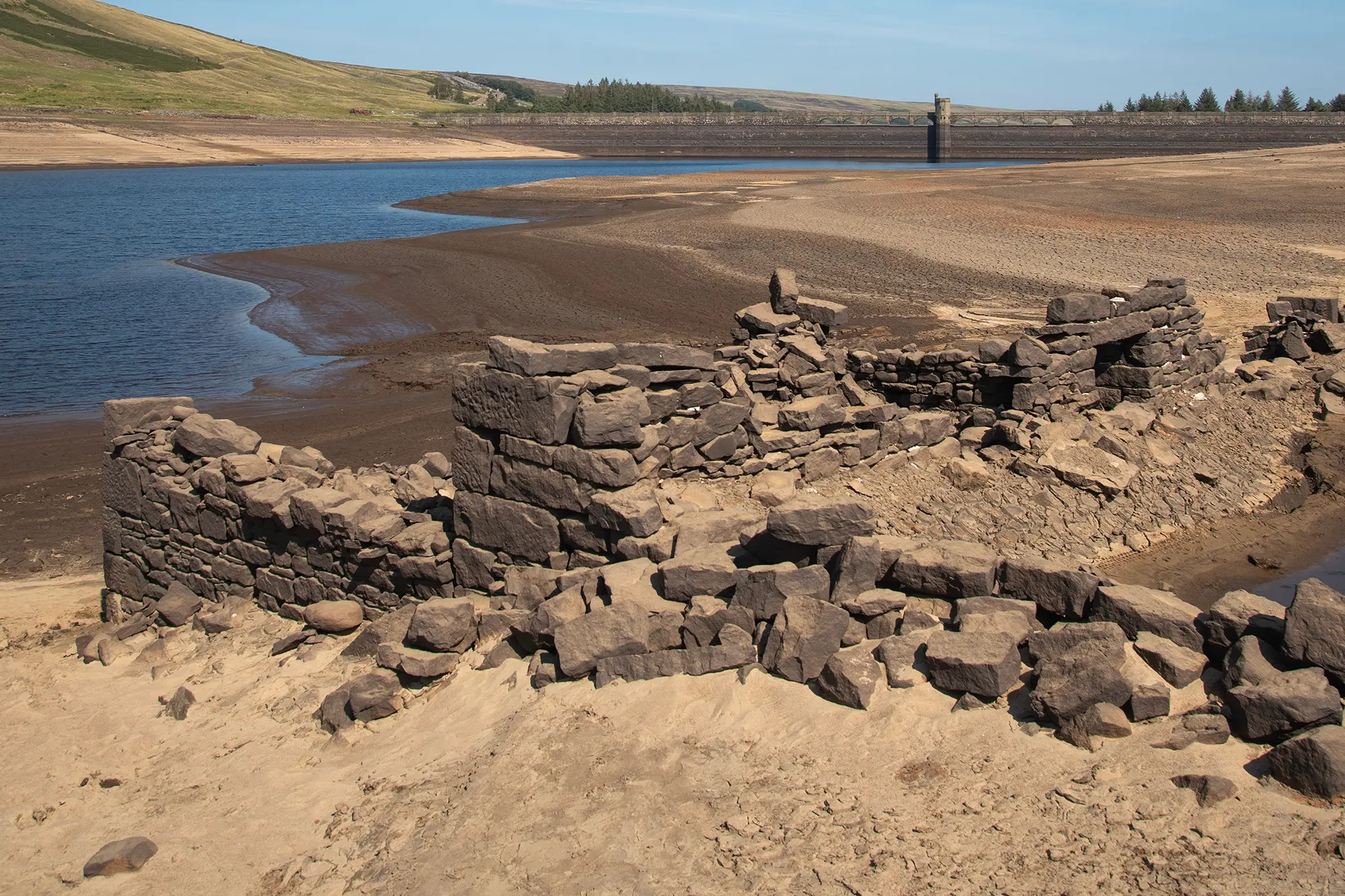This summer (June–August 2025) has been one for the history books – the UK has just experienced its hottest summer on record, according to the Met Office.
How hot was it?
The UK’s mean summer temperature (that’s the average of daytime highs and night-time lows) reached 16.1°C. That might not sound extreme, but it’s 1.5°C warmer than the long-term average. It also beats the famous hot summer of 2018 and pushes the legendary 1976 summer out of the UK’s “top five.”
The highest single temperature recorded was 35.8°C in Faversham, Kent, on 1 July. While not as hot as the 40.3°C record set in 2022, what made this year stand out was how long-lasting the heat was.
Four separate heatwaves ️
- June: A heatwave saw temperatures above 33°C right around the summer solstice.
- Late June/early July: Wimbledon began with its hottest ever start.
- Mid-July: Even Scotland, Northern Ireland, and Wales saw their hottest days of the year.
- August: Scotland recorded its hottest August day since 2003, reaching 31.6°C at Charterhall.
Sunshine, storms and hosepipe bans ☀️️
Much of England was dry, with hosepipe bans introduced after the driest spring in over 50 years. Reservoirs like Rutland Water dropped to very low levels. But it wasn’t sunshine all the way – heavy thunderstorms and flash floods hit some areas in July, and Storm Floris brought winds over 80mph to Scotland in August.
Why is this happening?
Scientists say the pattern is clear: climate change is making UK summers hotter and drier. A summer as hot as 2025 is now 70 times more likely because of human-driven greenhouse gas emissions. Warmer seas (up to 3°C above normal around parts of the UK) also added to the heat by reducing the cooling effect of coastal breezes.
What does this mean for the future?
- More heatwaves: Very hot days over 30°C are now more than three times as common as they were in the late 20th century.
- Water stress: Dry summers may lead to more frequent hosepipe bans and water shortages.
- Extreme weather: Alongside heat, the UK is likely to see sudden downpours, flash flooding, and intense summer storms.
Big picture: The five hottest UK summers on record have all happened since 2000. That’s a strong sign of how our climate is changing.


